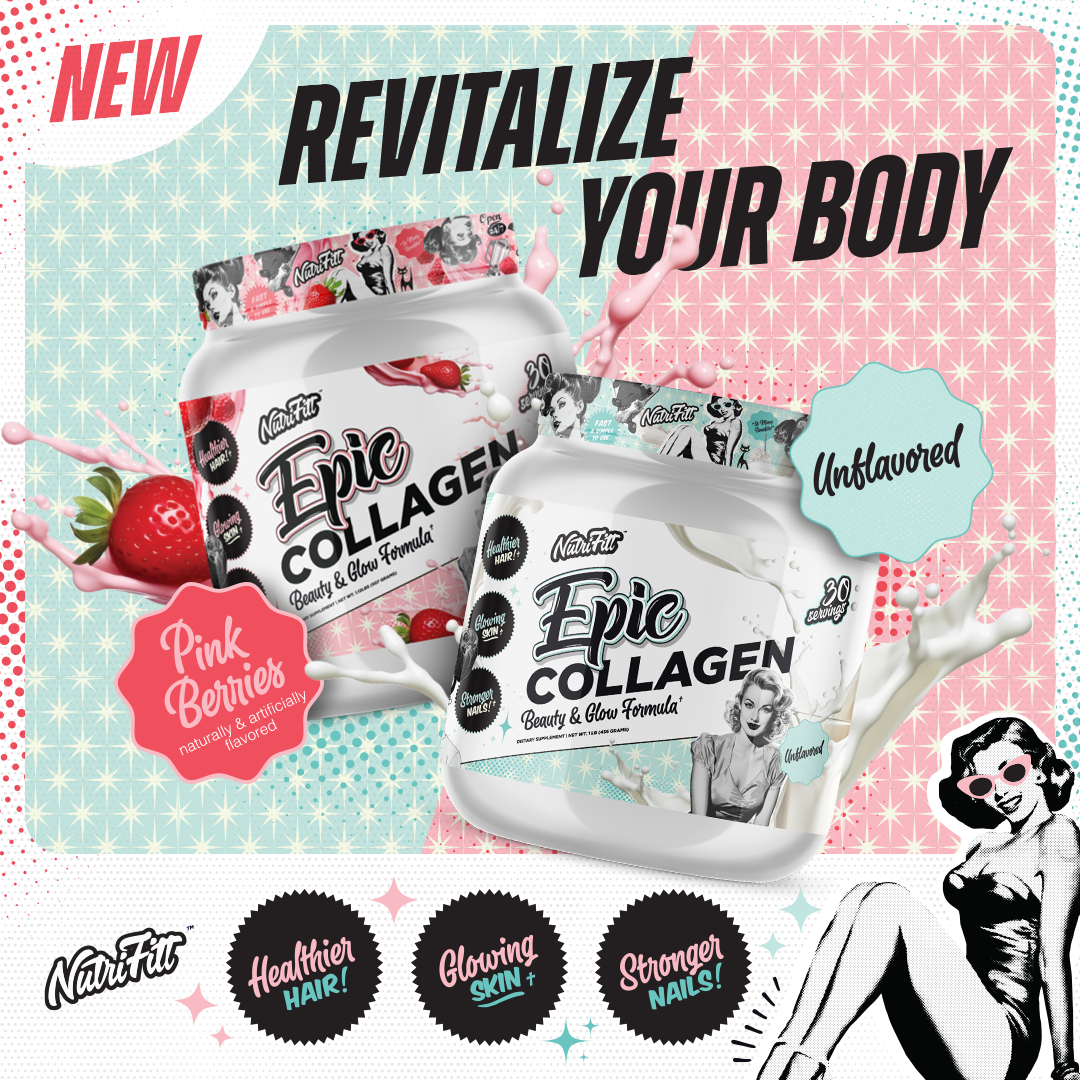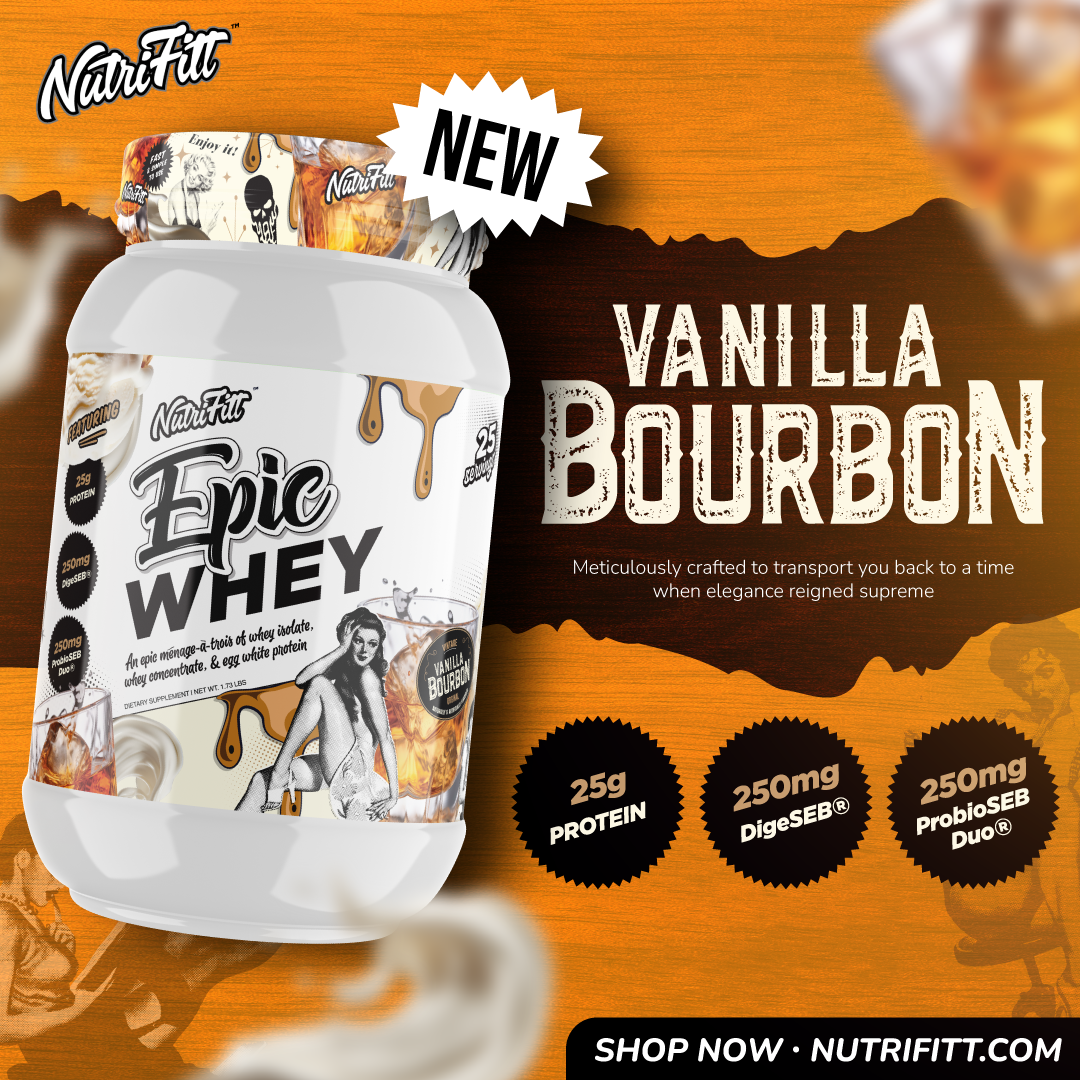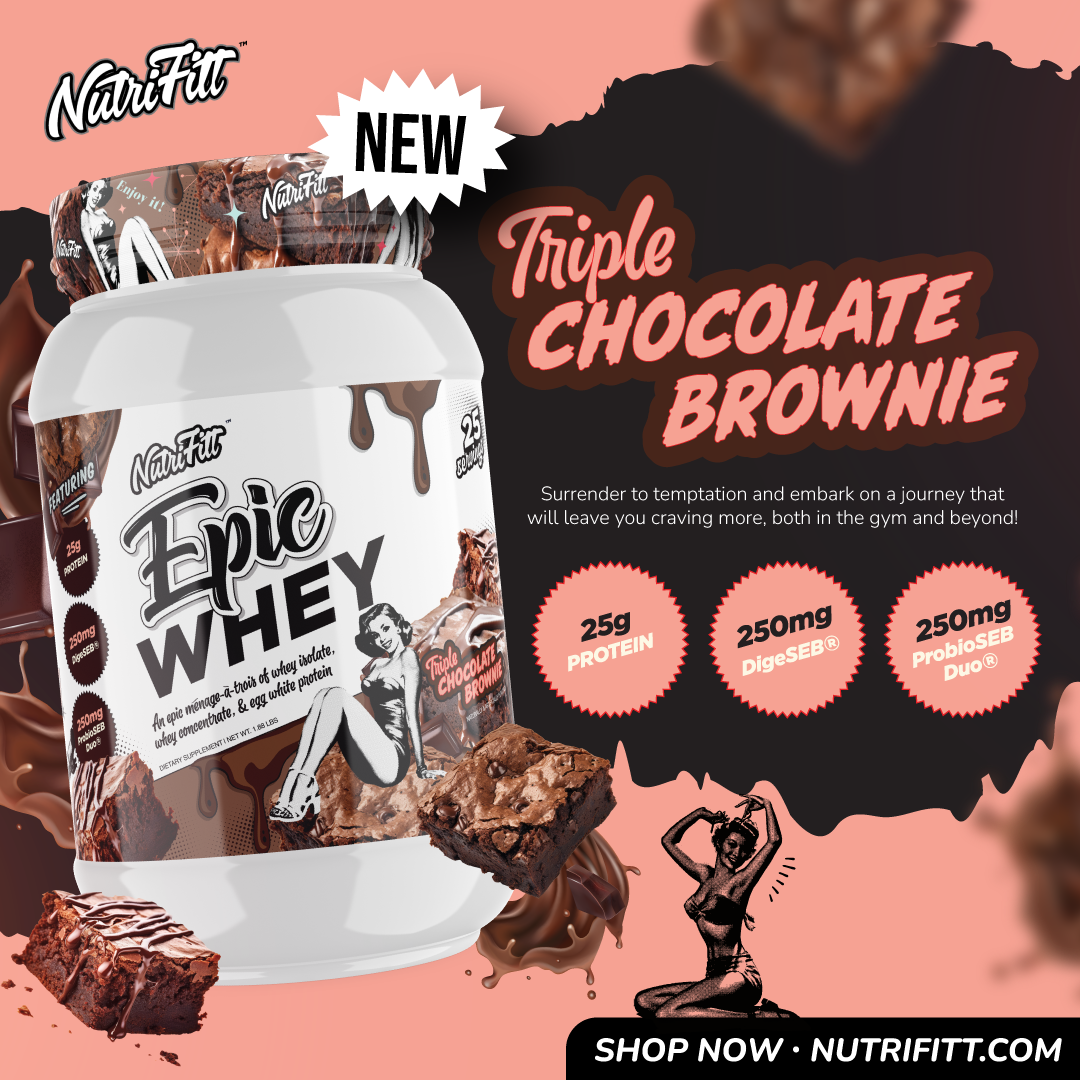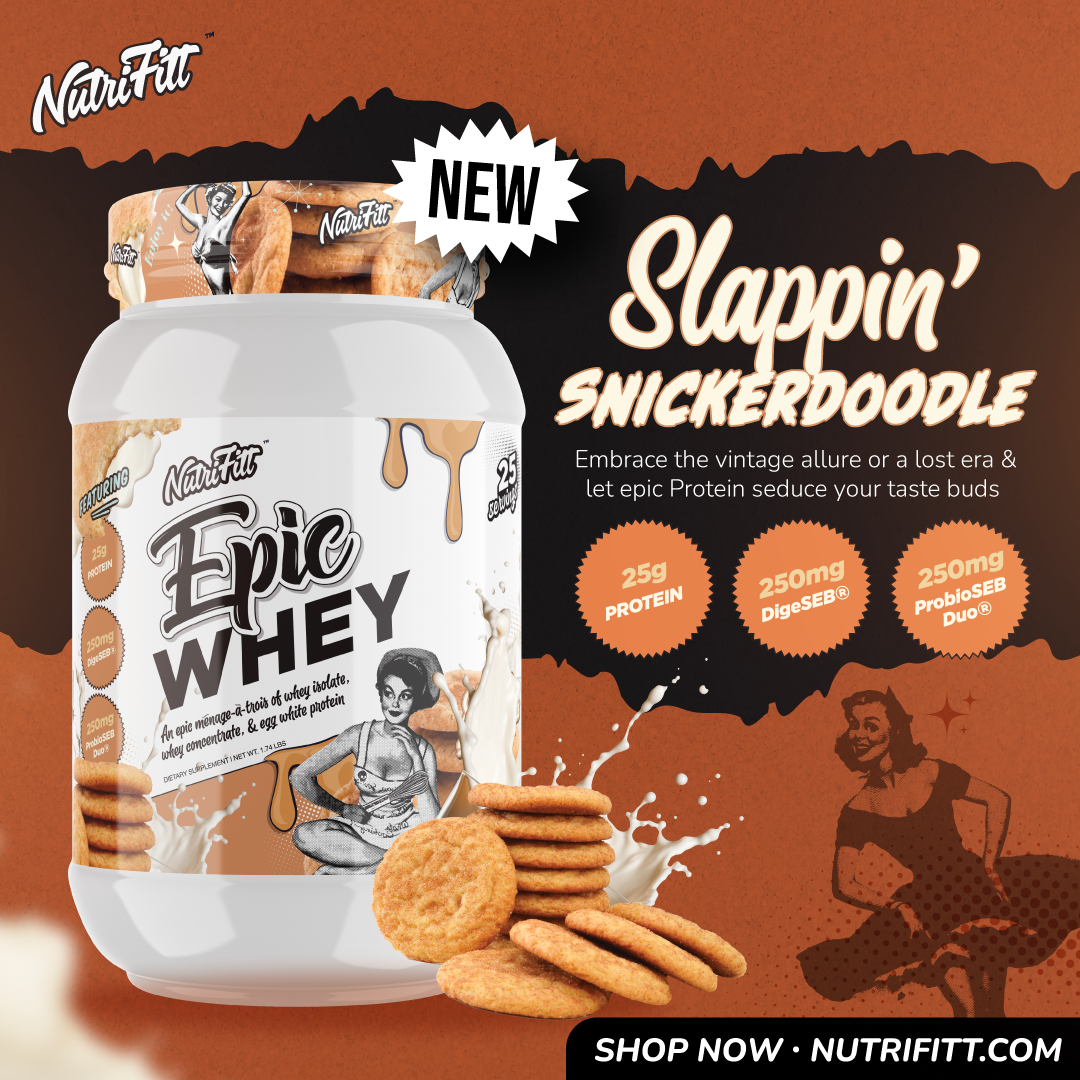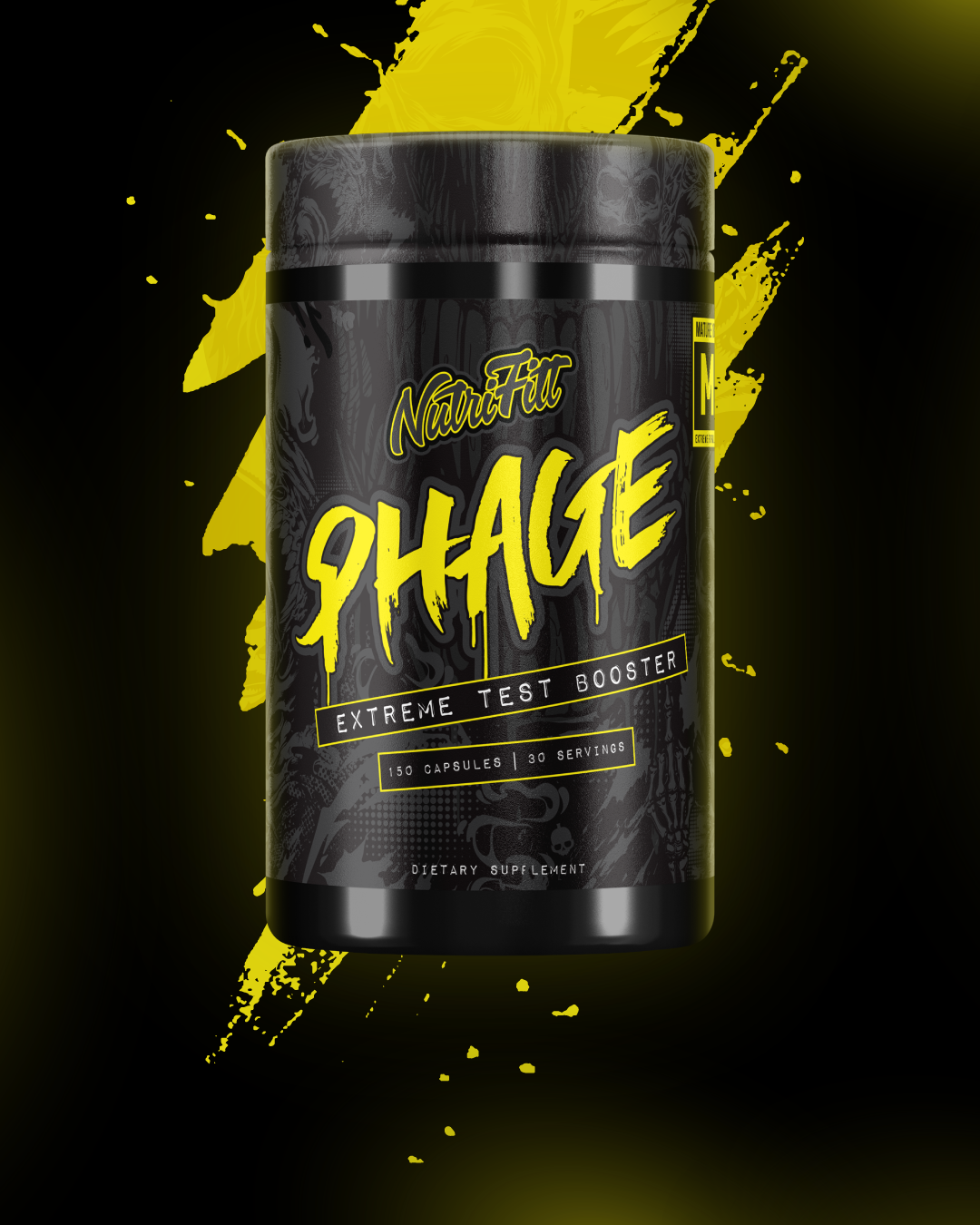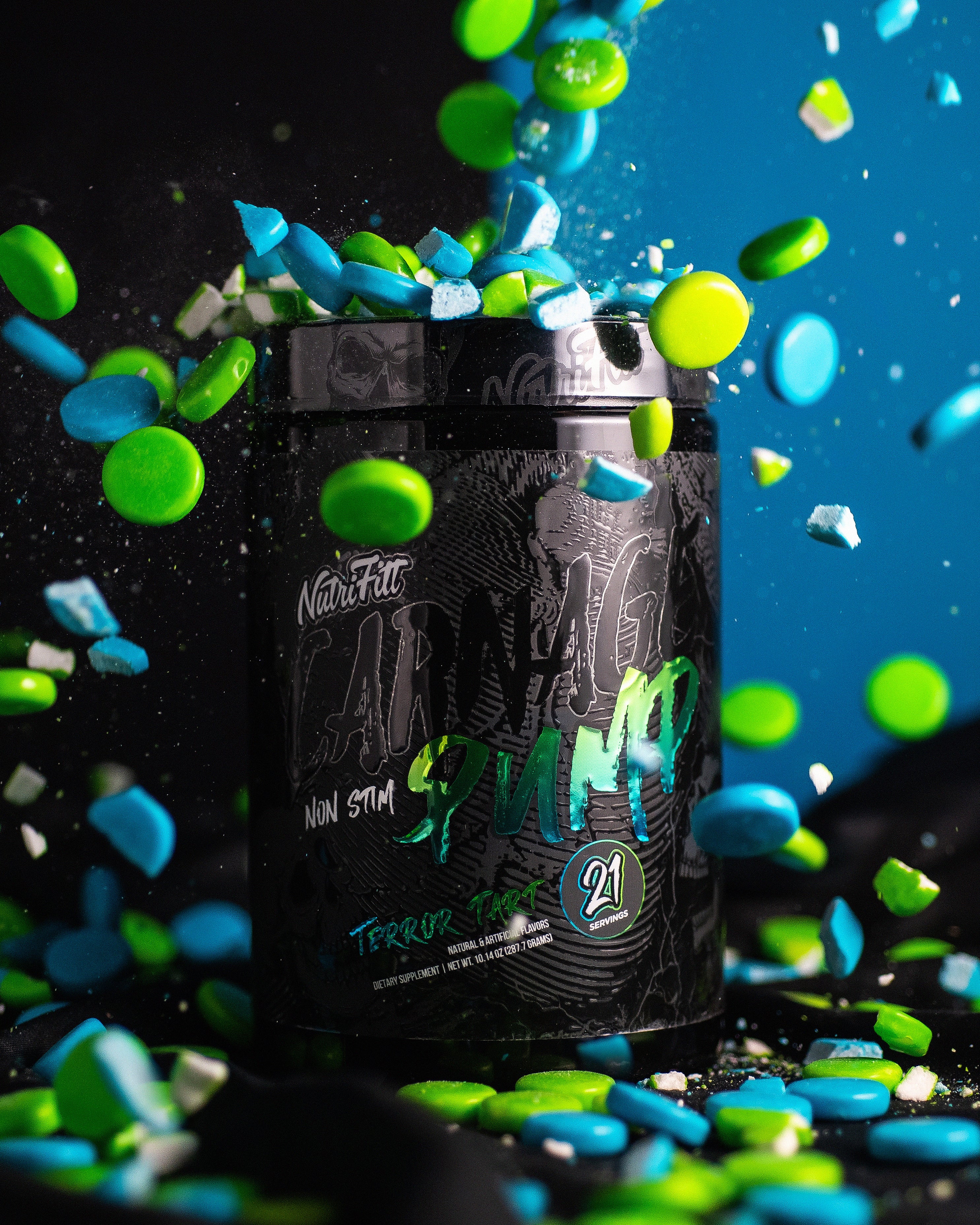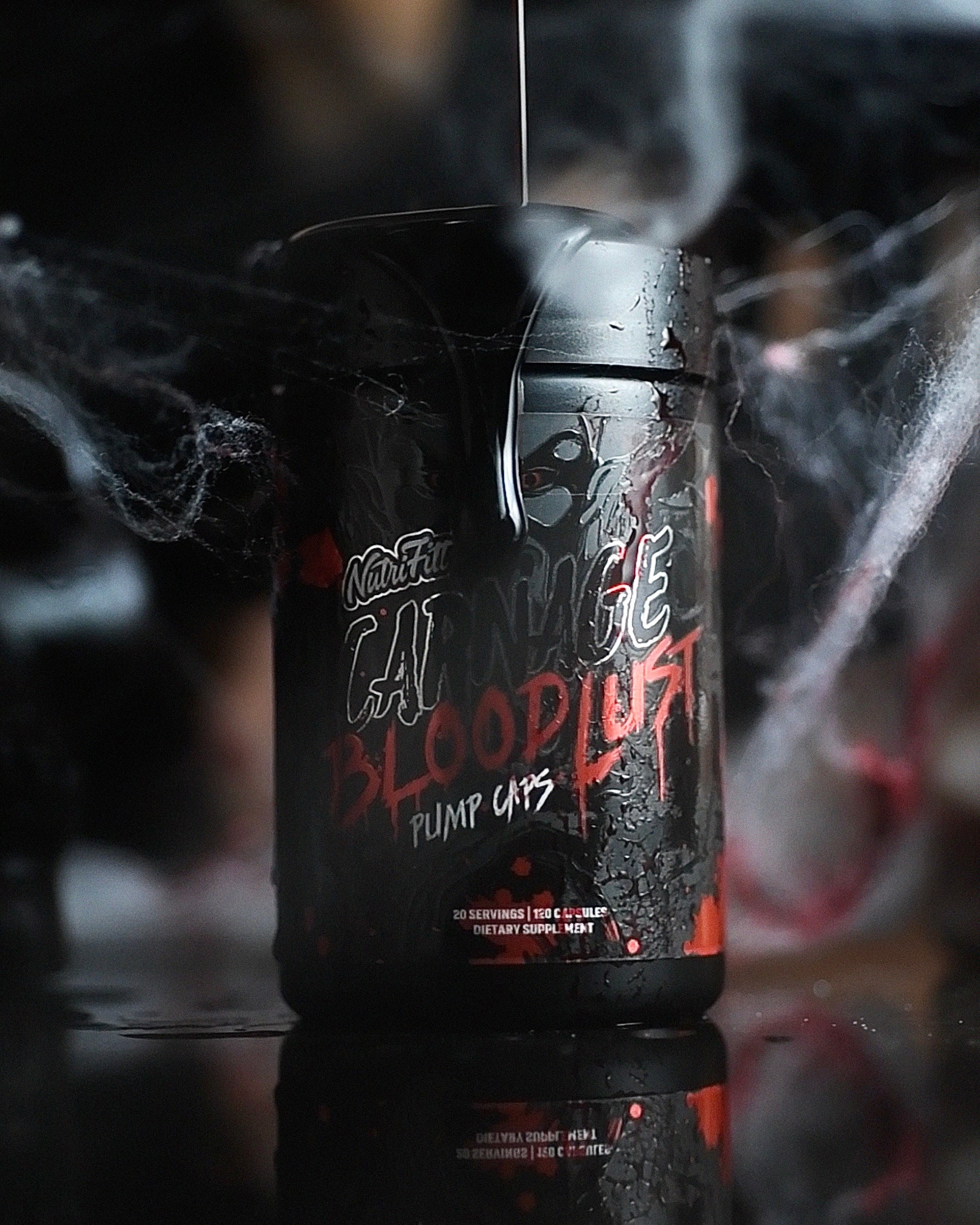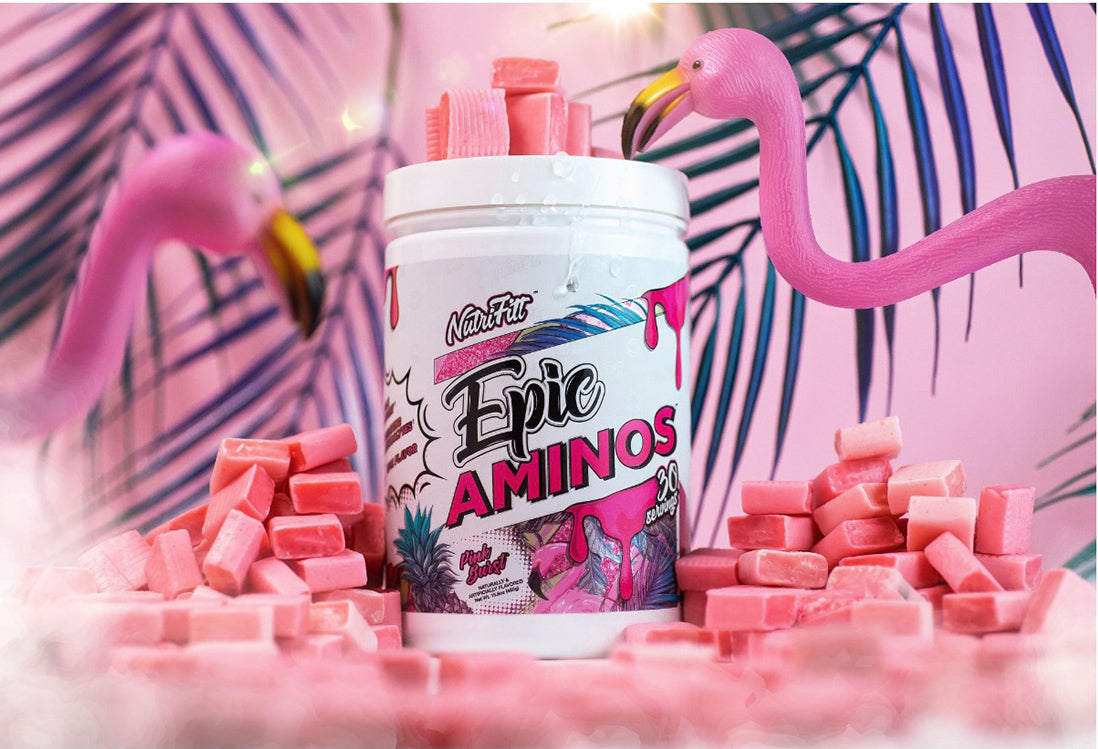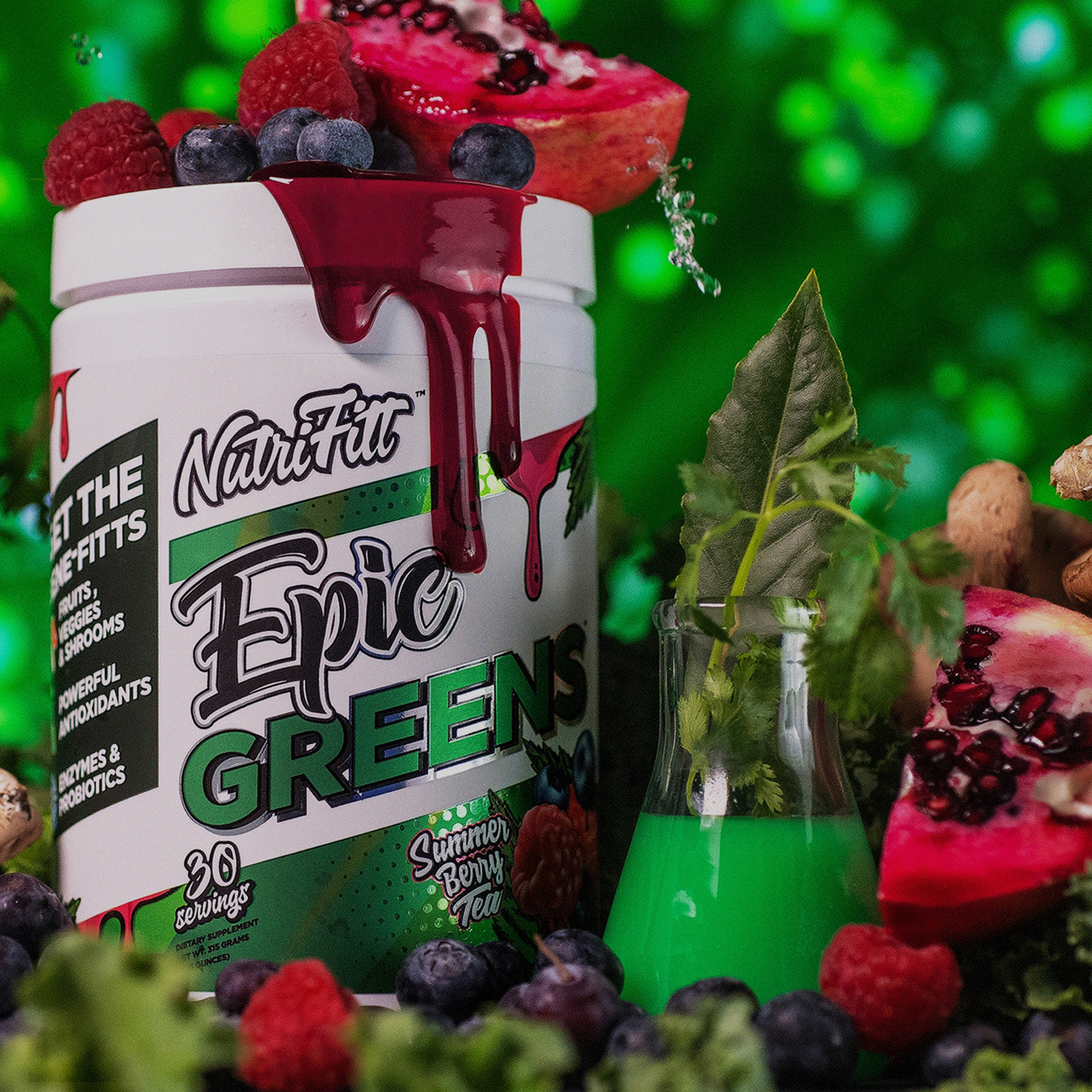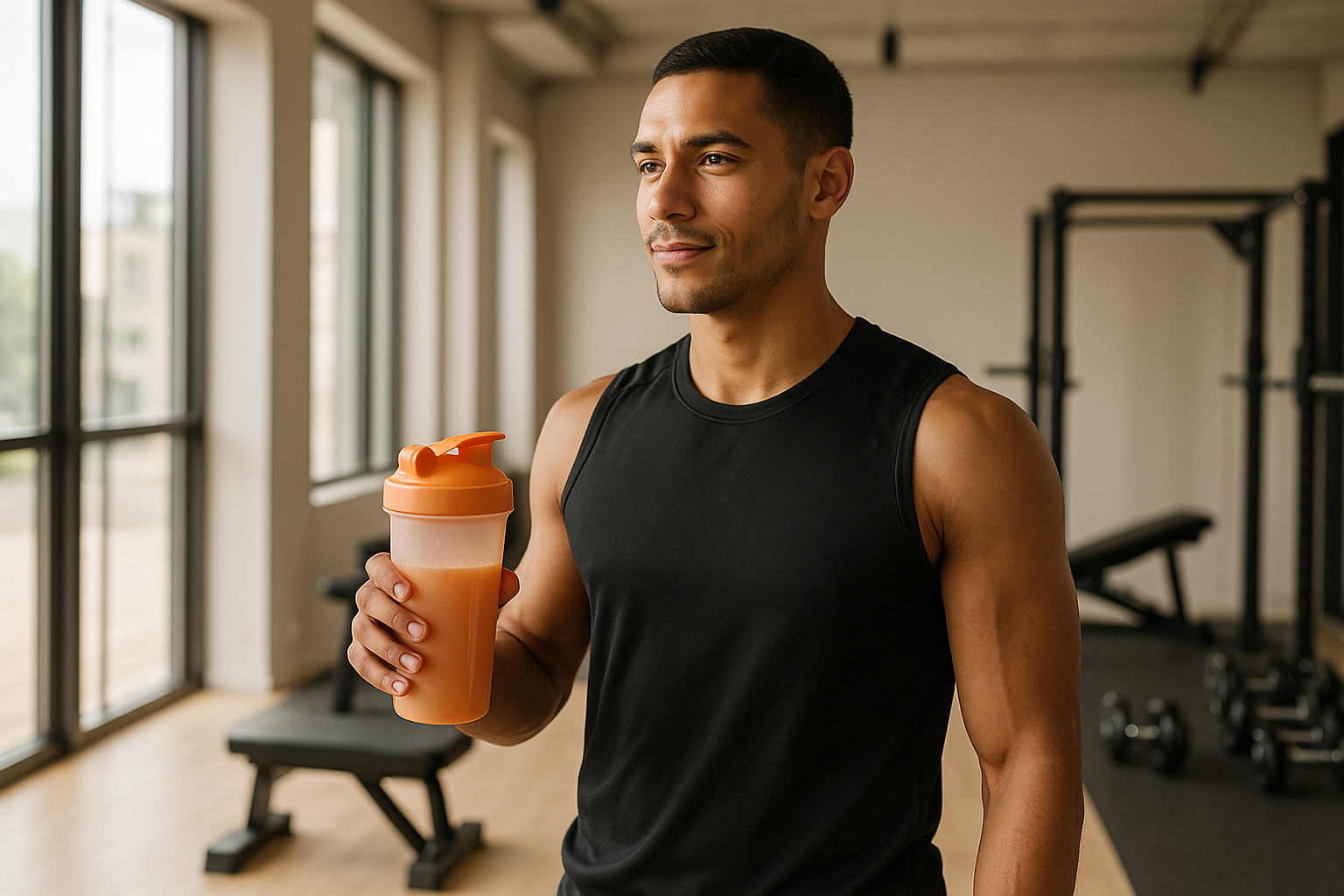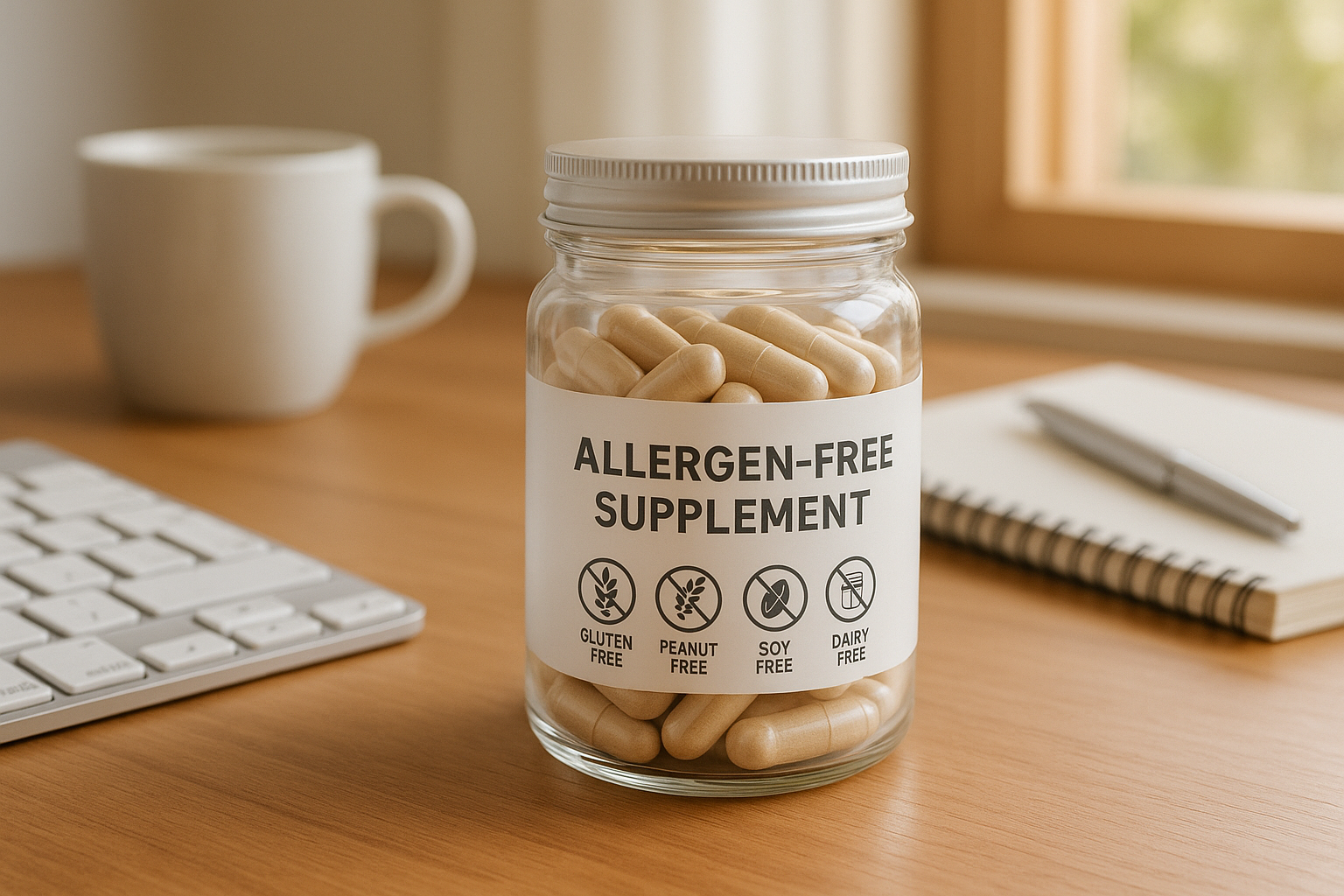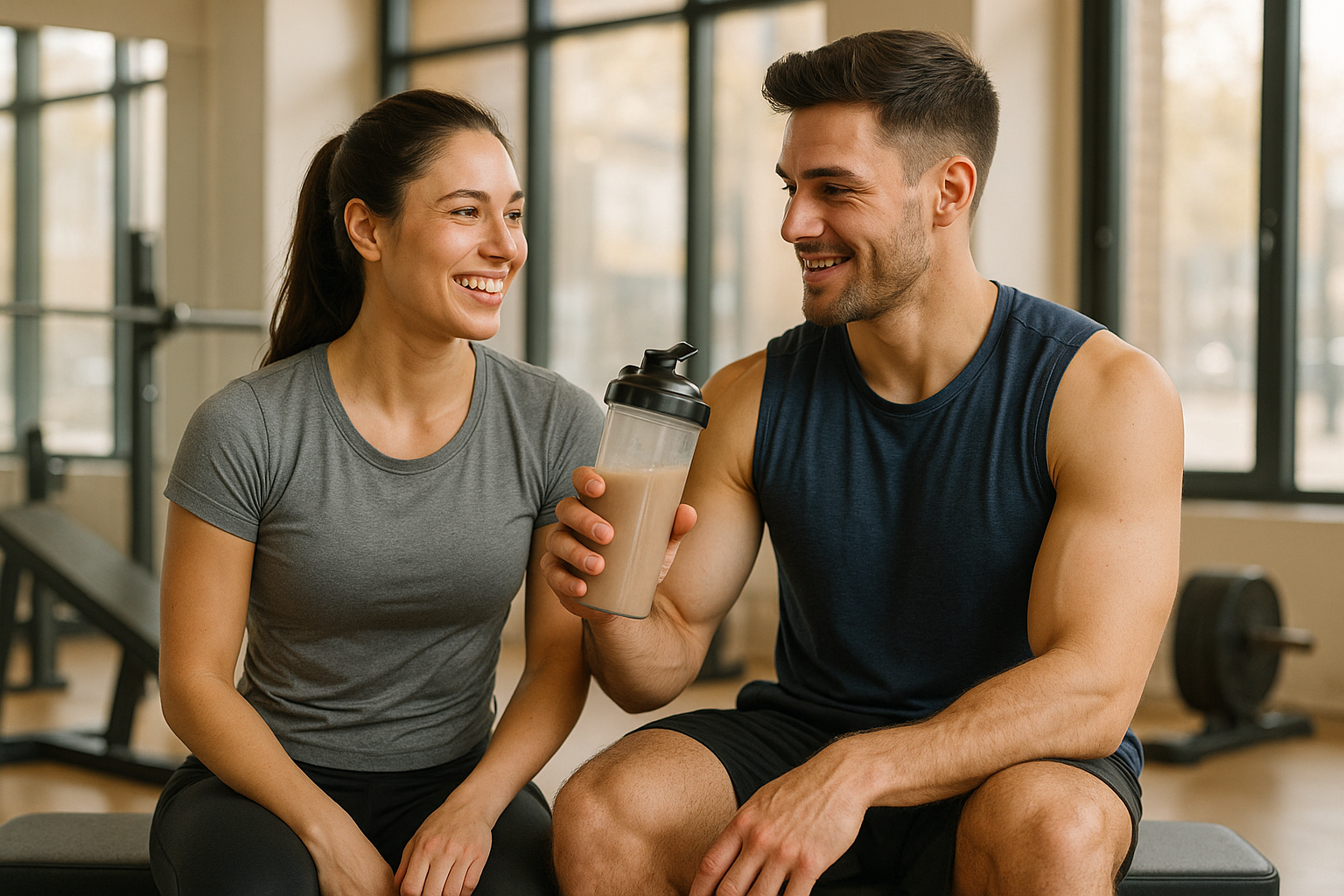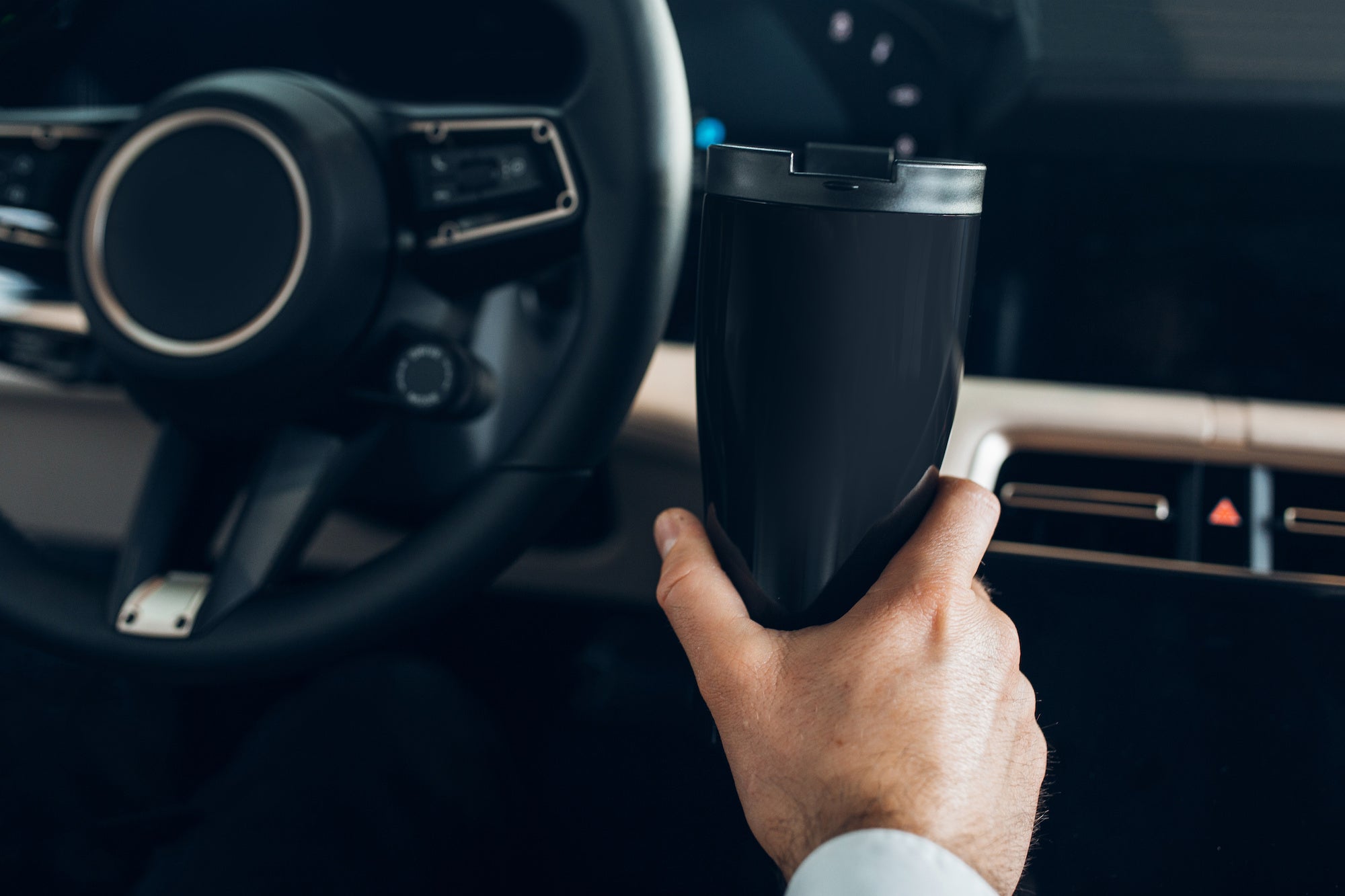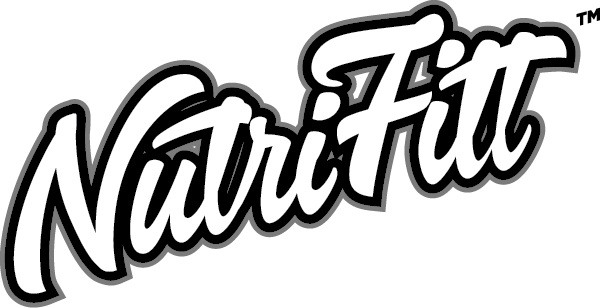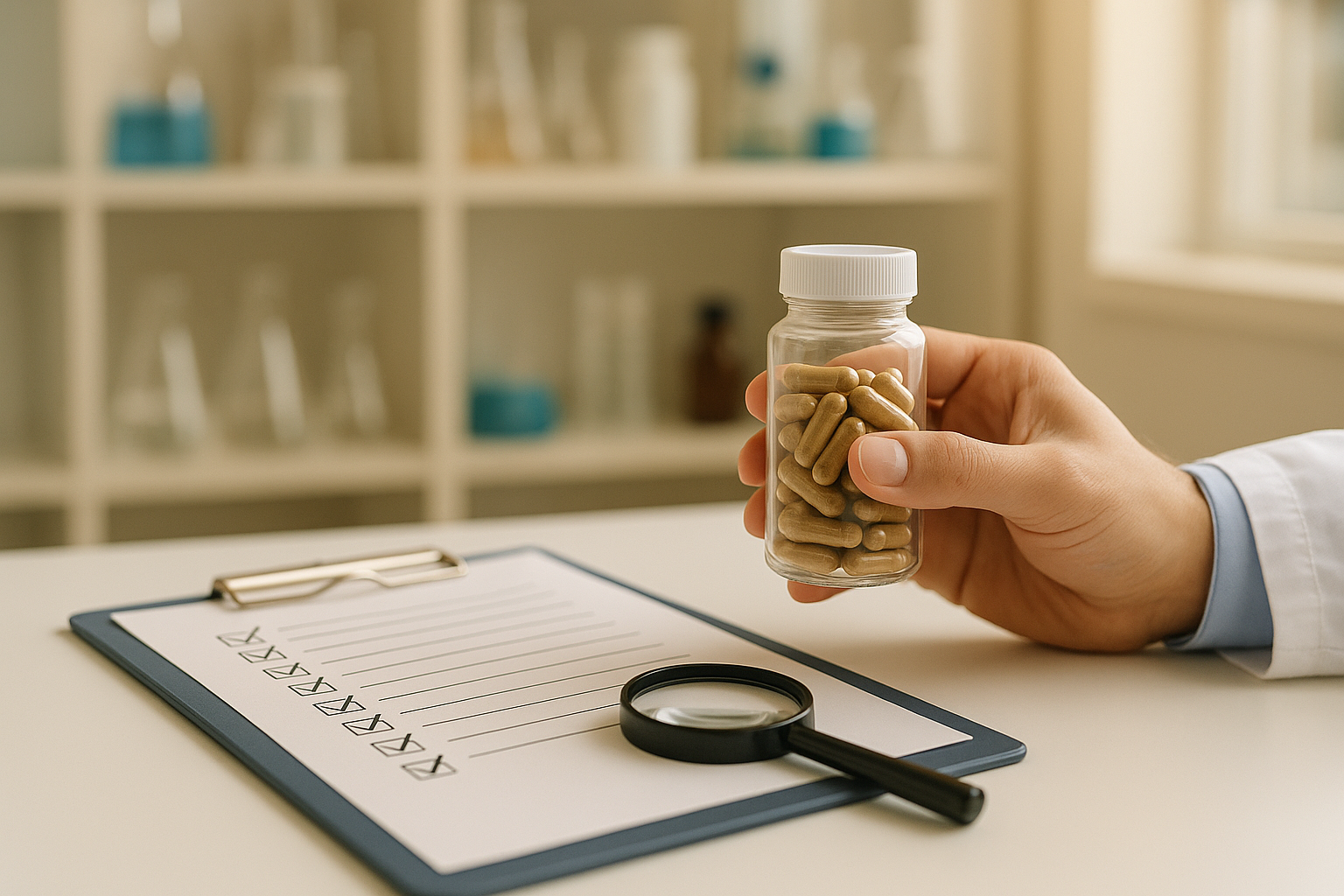
What Is Third-Party Testing for Supplements?
Third-party testing ensures supplements are independently verified for quality, safety, and label accuracy. Unlike FDA-approved drugs, supplements don't require pre-market safety checks, leaving consumers to trust manufacturers. Independent labs test for:
- Label Accuracy: Confirms ingredients match what's listed.
- Safety: Screens for harmful contaminants like heavy metals, pesticides, and banned substances.
- Dosage Consistency: Verifies ingredient amounts are accurate.
Look for certification seals like USP Verified, NSF Certified for Sport, or Informed Sport to ensure the supplements you buy meet these standards. Always cross-check certifications on the certifier's website for authenticity. Third-party testing protects your health and builds trust in what you're consuming.
How Third-Party Testing Works
Third-party testing ensures the quality of supplements through independent sampling and thorough analysis. This process is essential to catch issues that manufacturers might overlook and maintain consumer trust.
The Testing Process
The process starts with random sampling from production batches, ensuring that the results are unbiased and not influenced by manufacturer-selected samples [4]. To maintain integrity, labs collect products directly from production runs - the same ones consumers would purchase. These samples are carefully preserved during transport to avoid contamination.
Once in the lab, advanced tools like mass spectrometry, HPLC (High-Performance Liquid Chromatography), and gas chromatography are used to identify and measure trace chemicals and ingredients. After testing, labs provide a Certificate of Analysis (CoA) along with a detailed report that outlines ingredient amounts and identifies any contaminants.
To maintain high standards, approved products undergo additional blind testing on a monthly basis to ensure consistent quality.
What Labs Test For
Third-party labs focus on several key areas: verifying active ingredient amounts, screening for contaminants, and ensuring dosage consistency. For instance, if a vitamin C supplement claims to contain 1,000 mg per tablet, testing confirms whether it delivers that exact amount. This is critical, as a past investigation revealed that four out of five products from major retailers did not contain the herbs listed on their labels, emphasizing the need for such verification.
Labs also screen for harmful substances like heavy metals, microbiological hazards, and unapproved pharmaceutical ingredients to safeguard consumers. A 2018 review of FDA warnings found that over 700 supplements contained unapproved pharmaceutical ingredients, highlighting the risks associated with contamination.
Beyond consumer protection, this testing helps manufacturers adhere to legal and safety standards. It ensures accurate labeling, supports honest marketing, and provides feedback for improving product quality. If issues are found, manufacturers often need to reformulate their products before they can regain certification.
Benefits of Third-Party Testing for Consumers
Third-party testing offers more than just quality assurance - it provides an extra layer of safety and reliability that goes beyond what manufacturers can guarantee on their own.
Building Transparency and Trust
When a brand opts for independent testing, it demonstrates accountability that goes deeper than flashy marketing claims. For instance, many companies make Certificates of Analysis (COA) available online or by request, giving you the power to verify exactly what's in your supplement. This kind of openness allows you to make informed decisions rather than relying solely on the manufacturer's word.
Sharing detailed product information significantly boosts consumer trust. By holding themselves to higher standards, manufacturers not only build credibility but also push the entire industry toward better practices. On the other hand, self-certification lacks the impartial oversight that third-party testing provides. This transparency also plays a critical role in identifying harmful substances, which brings us to the next point.
Safeguarding Against Contaminants
Independent testing serves as a safety net, identifying harmful contaminants that could otherwise slip through the cracks. The scope of these screenings is impressive. For example, NSF International tests for 280 substances banned by major athletic organizations, as well as undeclared ingredients like stimulants, steroids, narcotics, and masking agents. Additionally, these tests check for common contaminants such as heavy metals, microbes, and pesticides.
The importance of such testing is clear. A 2017 study examining over 30 melatonin supplements found alarming inconsistencies - some contained 83% less melatonin than advertised, while others had up to 478% more. Even more concerning, a quarter of these products included unlisted ingredients.
This rigorous testing is particularly crucial for athletes and health-conscious individuals. Among student-athletes surveyed, 93% said it was essential to know if supplements were tested for banned substances, and 90% agreed that labels can be misleading. Despite this, only 57% reported choosing third-party tested products.
"The program protects consumers by testing for harmful levels of contaminants and certifying that supplements contain the ingredients listed on the label and nothing else." - NSF
These measures not only protect your health but also ensure that products meet strict industry standards.
Ensuring Compliance with Regulatory Standards
Third-party testing goes beyond the basic requirements of the FDA by inspecting everything from manufacturing sites to raw materials and finished products. These certifications verify key factors like ingredient identity, strength, and purity, ensuring that what’s on the label matches what’s in the bottle.
This extra scrutiny is essential, especially given regulatory gaps. For example, a 2018 analysis of FDA warnings from 2007 to 2016 found unapproved pharmaceutical ingredients in more than 700 supplements. Another investigation revealed that four out of five products from major retailers didn’t contain the herbs listed on their labels. Third-party certifications address these issues by enforcing strict standards. For instance, products labeled Certified Gluten-Free must contain less than 20 parts per million (ppm) of gluten. Similarly, USP Verified certification ensures supplements meet pharmaceutical-grade criteria for accuracy and purity.
When shopping for supplements, look for certification seals like NSF, USP, or Informed-Sport on the label. While these certifications don’t guarantee the supplement’s effectiveness, they do confirm that the product contains exactly what it claims - without any harmful surprises. This commitment to high standards strengthens trust and ensures consistency across the board.
At NutriFitt, we take these standards seriously. That’s why all our products undergo rigorous third-party testing, giving you confidence in the purity and accuracy of every supplement you choose.
sbb-itb-7567710
How to Find Third-Party Certified Supplements
Now that you know why third-party testing is important, let’s dive into how to identify and confirm certified supplements. With so many products claiming to be the best, understanding certification seals and how to verify them can help you separate genuine quality from clever marketing. Below, we’ll break down what these seals mean and how to confirm their authenticity.
Certification Seals and What They Mean
The easiest way to spot a third-party tested supplement is by looking for certification seals on the label. These seals indicate that the product has been tested against specific quality and safety standards.
For general supplements, the USP Verified Mark is one of the most trusted. In fact, surveys show that dietitians, nutritionists, physicians, and pharmacists recommend it more than any other certification seal.
"If it's USP Verified, consumers can trust that what's on the label is what's in the bottle." – USP's Dietary Supplement Verification Program
Another respected certifier is NSF International, particularly for athletes. Their NSF Certified for Sport program is widely recognized for its rigorous testing standards. For example, NatureMade, a popular brand, offers several USP-verified supplements, including multivitamins, vitamin D, and fish oil [8].
Athletes have additional options for certifications that specifically test for banned substances. The Informed Sport certification is a common choice for brands like Optimum Nutrition, Transparent Labs, and Now Sports.
For those with dietary restrictions, targeted certifications can provide peace of mind. For example, Certified Gluten-Free products must meet FDA regulations of containing less than 20 parts per million (ppm) of gluten. Other common seals include USDA Organic, Non-GMO Project Verified, International Fish Oil Standards (IFOS), and Certified Vegan.
| Certification | Best For | Key Testing Focus |
|---|---|---|
| USP Verified | General health supplements | Purity, potency, pharmaceutical standards |
| NSF Certified for Sport | Athletes and fitness enthusiasts | Testing for 280+ banned substances and contaminants |
| Informed Sport | Competitive athletes | Prohibited substances and batch testing |
| BSCG Certified Drug Free | Drug-tested athletes | Comprehensive banned substance screening |
How to Check Certification Details
Spotting a certification seal is just the first step - you also need to verify that it’s legitimate. This is crucial because counterfeit claims do happen. For instance, in August 2024, NSF warned that certain Gatorade products falsely displayed their NSF Certified for Sport logo, even though those batches weren’t certified. Situations like these highlight why verification is so important.
Start by noting the product’s label and lot number. This information is key to confirming the product’s certification status. From there, visit the certifier’s website or use their mobile app. Most certifiers have searchable databases where you can look up a product by name, brand, or lot number. Double-check that the details match your purchase. If you can’t find the product or have doubts, reach out to the certifying organization directly.
While manufacturer websites can be a helpful starting point, the most reliable information comes directly from the certifier’s database. For example, you can verify USP Verified products at Quality-Supplements.org.
"When a product is third-party certified, it means the product was tested by a company that was not involved in the production or sale of the supplement. It was impartially reviewed to ensure the product matches what is on the label and that it's safe for consumption." – Nutrasource
If you’re shopping in person, check for certification seals and expiration dates before purchasing. For online purchases, take a moment to cross-check the product in certification databases. This extra effort ensures you’re getting exactly what you expect.
At NutriFitt, we simplify this process by clearly displaying our third-party certifications and providing direct links to the certifiers' databases. This way, you can shop with confidence, knowing each supplement meets the highest standards of quality and safety.
Why Third-Party Testing Matters
The supplement industry's past highlights the critical need for independent testing. In 2019 alone, dietary supplements, herbal remedies, and homeopathic treatments were linked to nearly 70,000 calls to U.S. poison control centers. This staggering number points to the dangers consumers face when products aren't thoroughly verified.
Quality concerns remain a serious issue. A 2009 report from the Government Accountability Office found trace contaminants in 93% of the 40 dietary supplements it tested [22]. Similarly, research into protein supplements revealed that 31% of products failed quality assurance tests. Another study discovered that 59% of botanical supplements contained plant species not listed on the label. Compounding these risks is limited government oversight, leaving consumers with little assurance from official inspections. These findings make it clear: independent testing is not optional - it's essential.
Why It Matters for Your Health
The absence of third-party testing can directly impact your well-being. Dr. Robert H. Shmerling from Harvard Health Publishing emphasizes:
"If you can't be sure what's in a supplement, you may be risking your health even as you're trying to improve it."
Unverified supplements can introduce a host of problems - contamination, mislabeling, and even harmful substances. Third-party testing ensures that what's on the label matches what's in the product, offering a layer of safety and trust.
To protect yourself, look for supplements with trusted certification seals and take the time to verify those credentials. At NutriFitt, we take this responsibility seriously. Our rigorous third-party testing protocols are designed to deliver both safety and transparency, ensuring that every product meets the highest standards. This commitment to quality is at the heart of what we do.
FAQs
Why is third-party testing important for supplement safety and quality?
Third-party testing plays a key role in guaranteeing the safety, potency, and purity of supplements. By involving independent organizations, this process ensures that products are thoroughly evaluated to confirm they contain the ingredients listed on their labels and are free from harmful contaminants. For consumers, this means greater peace of mind about the quality and trustworthiness of the supplements they choose.
On the other hand, when manufacturers rely on self-certification, it raises concerns about transparency and objectivity. Without external oversight, there’s a risk of biased results. Third-party testing removes these conflicts of interest, offering a reliable way to uphold product integrity and safeguard consumer health.
How can I confirm if a supplement's third-party certification is legitimate?
To ensure a supplement’s third-party certification is legitimate, start by checking for seals from reputable organizations like NSF, USP, or Informed Choice on the product label. Next, head to the certifier’s official website or database to confirm the product’s certification. This step helps guarantee the supplement meets established standards for safety, quality, and ingredients.
What are the risks of taking supplements that haven’t been third-party tested?
Taking supplements that haven't been third-party tested can pose serious health risks. Without this verification, products might contain harmful substances like toxins, banned drugs, or undisclosed ingredients. These contaminants can lead to severe health problems, including liver damage, heightened bleeding risks, or even dangerous drug interactions.
On top of that, supplements without proper testing may have incorrect dosages or ingredients that lack proven benefits. This can make them less effective or result in unexpected side effects. Third-party testing ensures that the product’s label accurately reflects its contents, giving you peace of mind about its safety and quality.
